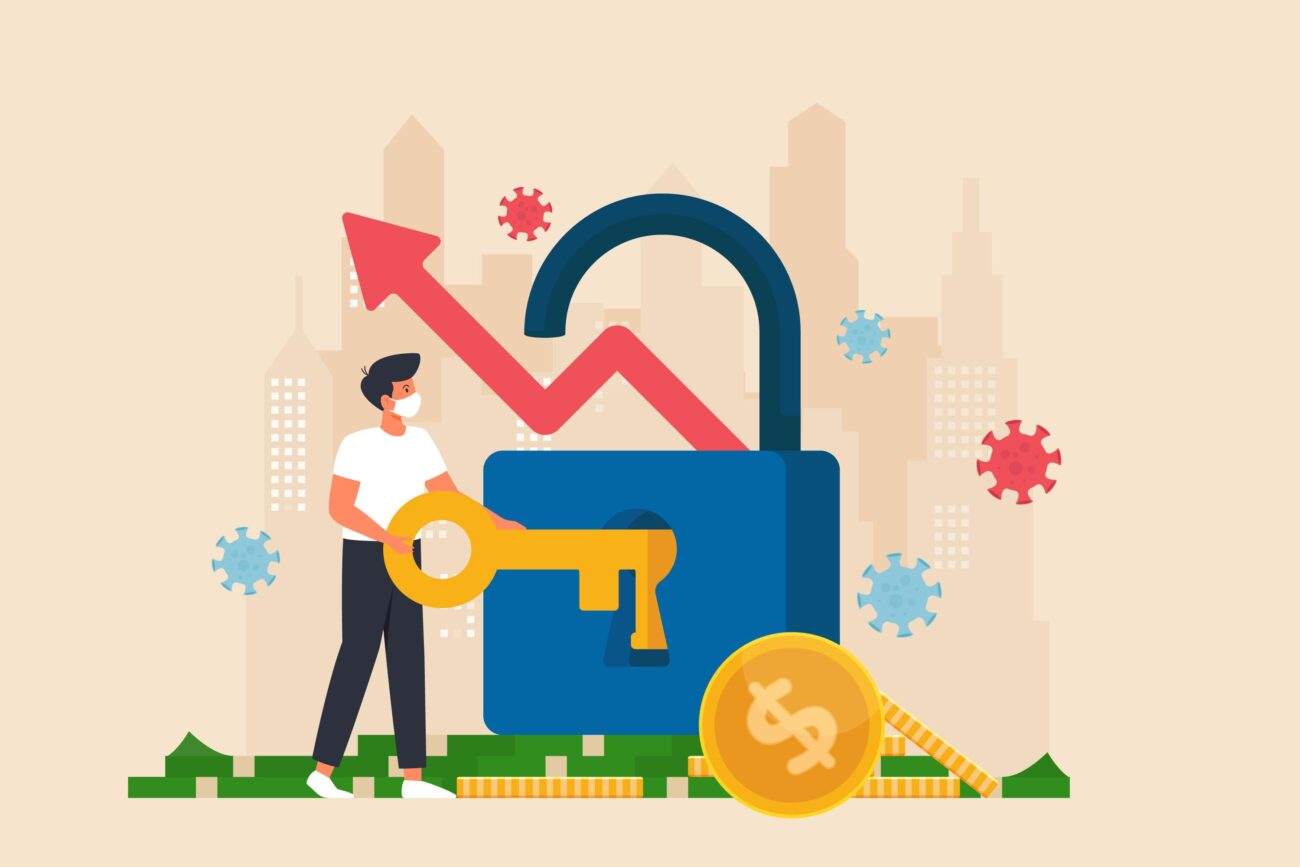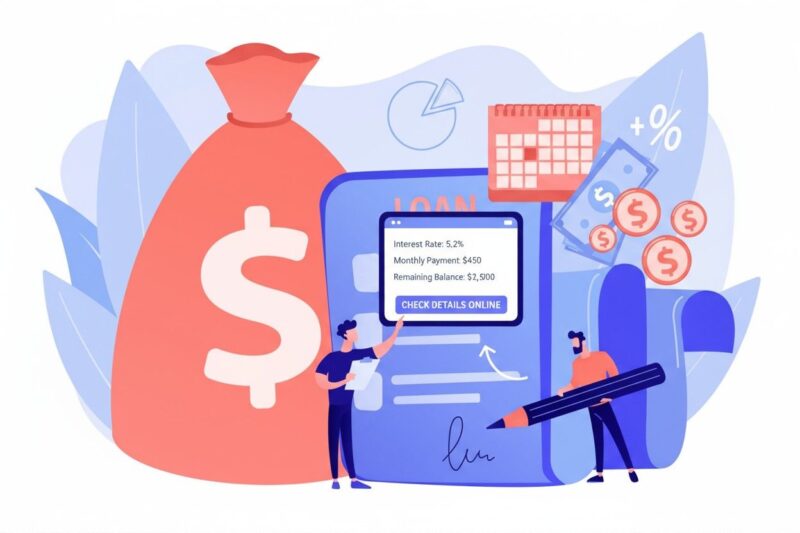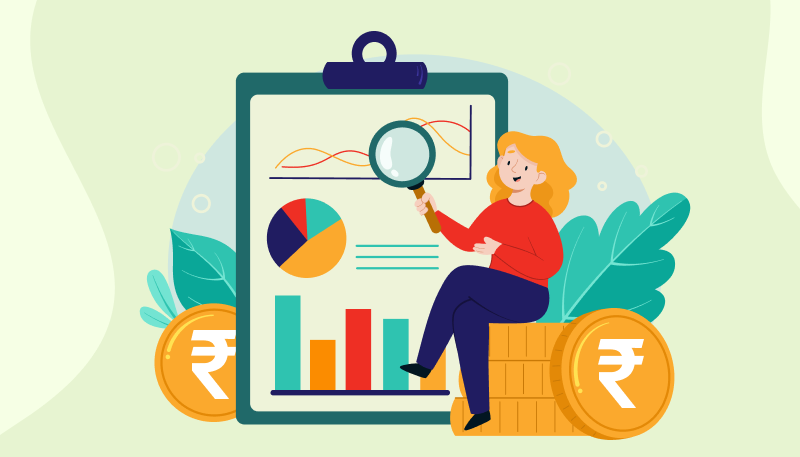In today’s fast-paced world, personal loans have become a handy financial tool for emergencies, big purchases, or consolidating debt. Among these, real unsecured personal loans are particularly popular because they don’t require you to pledge any collateral, making them quick and accessible. But while they are convenient, getting approved isn’t automatic. Here we will be exploring the unsecured loan application process, the credit score required for a personal loan, factors that affect its approval, the approval time for personal loans, and tips to increase your chances of getting a loan successfully.
What are unsecured personal loans?
An unsecured personal loan is a type of loan that doesn’t need any collateral, like property, a car, or gold. The lender approves the loan based on your income, credit history, and financial stability rather than on an asset. This makes real unsecured personal loans ideal for people who need fast cash but don’t have assets to pledge.
The key features include,
- No collateral required
- Quick payout if approved
- Flexible repayment options, usually ranging from 12 months to 60 months
It’s a really convenient measure, but the approval depends on several factors, so it is really important to understand the process before applying.
Understanding the Unsecured Loan Application Process
Generally speaking, the unsecured loan application process is simple, but being prepared increases your chances of approval. Here’s a step-by-step overview:
- Check Eligibility
Banks or NBFCs will check your age, employment type, income, and residential stability. Most lenders prefer applicants aged between 21 and 60.
- Collect Documents
Common documents include ID proof, address proof, income proof (salary slips or bank statements), and your PAN card.
- Apply Online or Offline
Many lenders now have online forms that are faster and more convenient. Offline applications at bank branches are also possible.
- Credit Assessment
The lender evaluates your credit score required for a personal loan and your financial history to decide your eligibility and loan limit.
- Loan Approval and Disbursal
If everything checks out, your loan is approved, and funds are transferred to your account, often within a few days.
Credit score required for a personal loan
One of the most important factors lenders look at is your credit score.
- A score above 750 guarantees smooth approval and lower interest rates.
- Scores between 650–749 may still qualify, but the lender may charge a higher interest rate or offer a smaller loan amount.
- Scores below 650 often result in rejection, as lenders see higher risk.
Maintaining a healthy credit score by paying bills and EMIs on time is important. It makes accessing real, unsecured personal loans much easier.
Factors affecting personal loan approval
Other than credit score, some other factors also influence approval. Some of them are,
- Income level
They want to see that you can comfortably repay the loan
- Employment type
Salaried employees or stable business owners have better chances than freelancers or temporary workers
- Existing debt
If you already have a lot of loans, lenders may delay or give a pause
- Loan amount and tenure
Asking for a smaller amount or flexible repayment can be helpful
- Banking history
A healthy relationship with your bank, like regular account activity, can help
How long does approval take?
Approval time varies across personal loans. In the case of online loans, funds can be distributed within 24-48 hours if everything checks out. And in the case of pre-approved loans, if you have a good banking relationship, approval can be almost instant. But maintaining a good credit score can notably reduce the approval time for personal loans.
Tips to increase your chances of approval
If you want to secure unsecured personal loans easily and quickly, then follow these steps, which are mentioned below, that can make your application smoother and faster
- Check your credit score – Make sure it meets the lender’s minimum requirement.
- Maintain a stable income – steady income encourages lenders
- Reduce existing debts – Lower your debt-to-income ratio before applying.
- Apply for the Right Amount – Don’t request a loan far higher than your repayment capacity.
- Complete Documentation – Submit all documents correctly to avoid delays in the unsecured loan application process.
Conclusion
Applying for an unsecured personal loan may seem stressful at first, but when you understand how the process works, it becomes much easier. The key thing to remember is that lenders are not just handing out money; they want to be confident that you can repay it. That’s why your credit score, income, employment, and financial discipline count so much in the approval journey.
When it comes to real unsecured personal loans, the beauty lies in their flexibility. You don’t need to put your house, car, or any other asset at risk. Instead, your financial habits and repayment history speak for you. If you’ve managed your credit responsibly, have a stable income, and keep your documents in order, your chances of quick approval will be higher.
Too much debt can hurt your score, while careful borrowing can actually improve your credibility with lenders. That’s why knowing the factors affecting personal loan approval is so important; you don’t just want approval, you want favourable terms too.
So, whether you need funds for an emergency, a wedding, or consolidating debt, remember this: preparation is your first step. By building good money habits today, you’ll always be ready when the time comes to apply for an unsecured personal loan.




